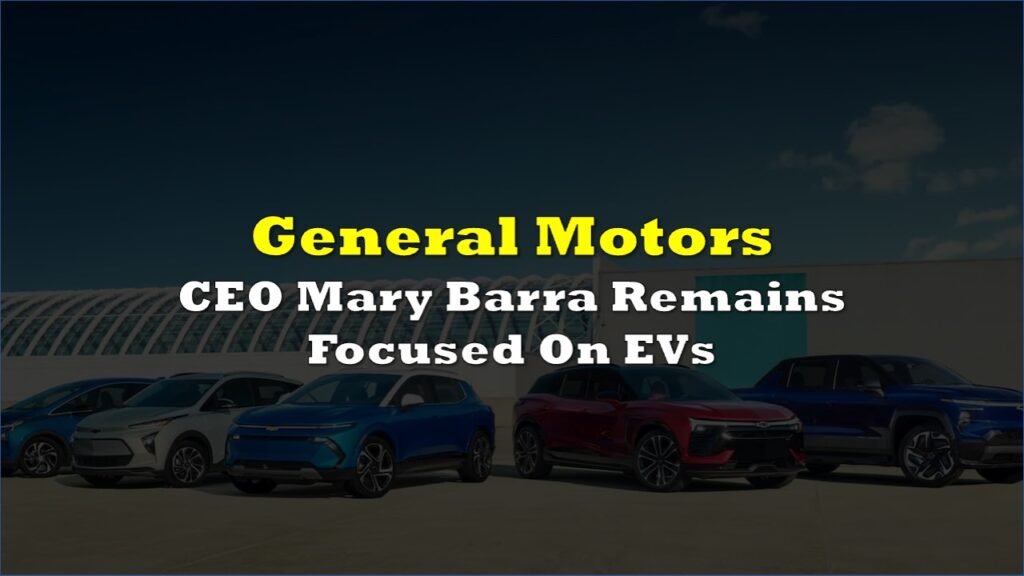From the Disney magic-powered Herbie in 1968 to the wizardry-enchanted 1960 Ford Anglia in the Harry Potter movies, the silver screen has always teased us of the wonders of self-driving cars.
How long did we have to wait to see one in our lifetime? Apparently, not that long.
There are numerous companies in the world that are working on autonomous vehicles, and one of them is making headway in bringing Johnny Cab to life. Cruise has been testing self-driving cars in the city of San Francisco and is looking to launch soon.
This is Cassandra Leah, and this is a deep dive on Cruise.
Cruise was founded in 2013 by Kyle Vogt and Dan Kan and started developing direct-to-consumer kits to retrofit vehicles with limited self-driving capabilities.
But in 2015, the company shifted its focus to fully self-driving vehicles, believing in the philosophy of shared vehicle ownership to solve the problems attached to the increasing vehicular volume on the streets.
Cruise got a permit to test self-driving vehicle technology from the California Department of Motor Vehicles in June 2015, but it wasn’t until General Motors acquired Cruise in March 2016 that significant strides were made in making self-driving vehicles a reality.
How much did GM acquire Cruise for? The transaction details weren’t disclosed although reports have pegged it somewhere between US$500 million to US$1 billion.
In the time since the acquisition, Cruise has focused on developing the software to make GM’s Chevrolet Bolt electric vehicle fully autonomous. And in 2017, they released videos of testing the self-driving car on the streets of San Francisco. Back then, it was a software program, run through an application, that operates the vehicle to self-drive.
But Cruise’s aim is to create something that can stand on its own, as it believes this would be key in differentiating itself from other autonomous vehicle makers in the future.
Of course, to do that, they need plenty of capital.
Since General Motors acquired Cruise, they have raised over $8 billion dollars in investment from the likes of Honda, Wal-Mart, SoftBank and Microsoft and the most recent valuation had Cruise pegged at $30 billion.
In addition to this, Cruise recently acquired another self-driving startup firm Voyage, boosting its stake in the market. So, what has Cruise been done to pave the way for putting self-driving cars on our streets?
Since GM’s former president Dan Ammann took over as Cruise’s CEO, with Kyle Vogt stepping in as president and chief technology officer, the company has been focused on making its vision of self-driving cars come true.
A few months after Cruise released the videos of the self-driving Chevrolet Bolt, the company announced Cruise Anywhere, a program for San Francisco-based employees to use self-driving cars as a rideshare service.
Testing started with 10% of Cruise’s employees working in the city using the technology for 7 days. As of 2020, Cruise Anywhere is used by more than 1,800 Cruise employees.
Then in January 2020, Cruise exhibited Cruise Origin, an autonomous vehicle intended for ride-hailing–or a robotaxi, if you will. What’s different here is it is a self-driving vehicle and not just a technology that was retrofitted from a non-autonomous vehicle. It has no driver, no steering wheel, and no pedals and is also all-electric, designed to have a one million miles lifespan, and costs roughly US$50,000 to manufacture at scale.
A year after, Honda announced its partnership with Cruise to bring Origin to Japan for its autonomous vehicle mobility service business.
In April 2021, Dubai followed suit, with its crown prince, Hamdan bin Mohammed, announcing that Cruise will be expanding its operations to United Arab Emirates. The partnership plans to bring the Origin robotaxis to the city for testing in 2023.
How about self-driving personal vehicles? In October 2020, Cruise got another permit from the California Department of Motor Vehicles–this time to test fully driverless vehicles. San Francisco streets have been the testing ground of Cruise’s driverless cars since December of 2020.
Should the testing yield positive and consistent results, we may soon see self-driving cars on our streets and not just in the movies.
The author has no securities or affiliations related to any organization mentioned. Not a recommendation to buy or sell. Always do additional research and consult a professional before purchasing a security. The author holds no licenses.









